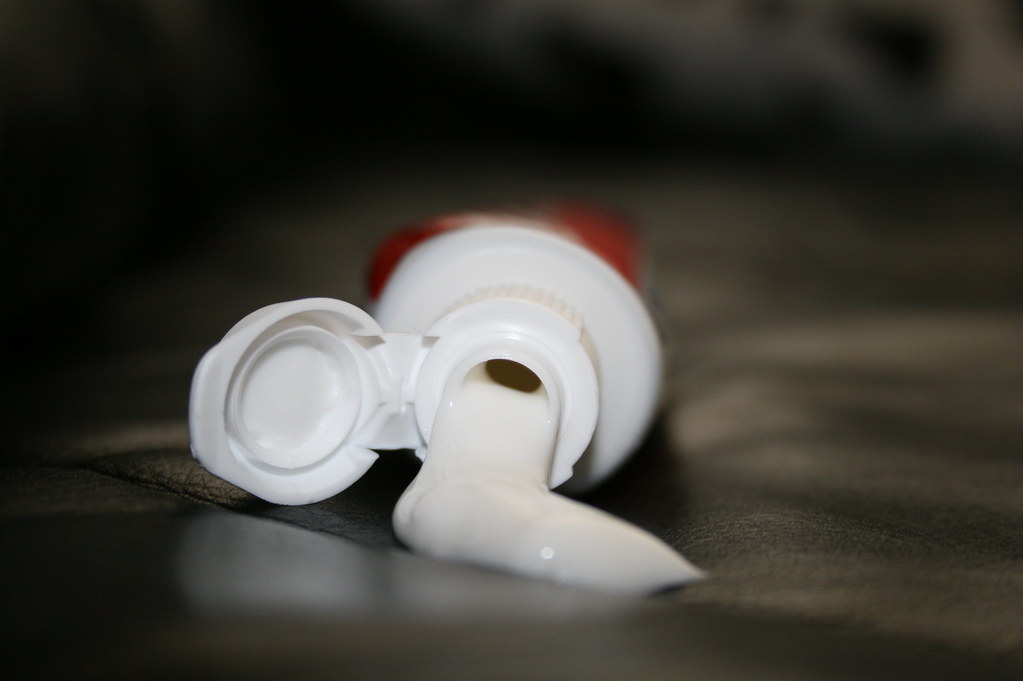 A new in-vitro study by University of California, Davis, researchers indicates that quaternary ammonium compounds, or “quats,” used as antimicrobial agents in common household products inhibit mitochondria, the powerhouses of the cell, as well as estrogenic functions in cells. Their findings appear online today (Aug. 22) in Environmental Health Perspectives, a publication of the National Institute of Environmental Health Sciences. Quats are used as antiseptics in toothpastes, mouthwashes, lozenges, nasal sprays, eye drops, shampoos, lotions, intravaginal spermicidal sponges and household cleaners, to name a few. “Our study in cells provides a mechanism for their observations in laboratory animals,” said Sandipan Datta, a postdoctoral scholar in Cortopassi’s laboratory. “They demonstrated that quat exposure caused reproductive toxicity in both females and males. The anti-estrogenic effects we see in cells could explain the female reproductive toxicity they observed, such as less estrus cycles and lower breeding rates.”
A new in-vitro study by University of California, Davis, researchers indicates that quaternary ammonium compounds, or “quats,” used as antimicrobial agents in common household products inhibit mitochondria, the powerhouses of the cell, as well as estrogenic functions in cells. Their findings appear online today (Aug. 22) in Environmental Health Perspectives, a publication of the National Institute of Environmental Health Sciences. Quats are used as antiseptics in toothpastes, mouthwashes, lozenges, nasal sprays, eye drops, shampoos, lotions, intravaginal spermicidal sponges and household cleaners, to name a few. “Our study in cells provides a mechanism for their observations in laboratory animals,” said Sandipan Datta, a postdoctoral scholar in Cortopassi’s laboratory. “They demonstrated that quat exposure caused reproductive toxicity in both females and males. The anti-estrogenic effects we see in cells could explain the female reproductive toxicity they observed, such as less estrus cycles and lower breeding rates.”
